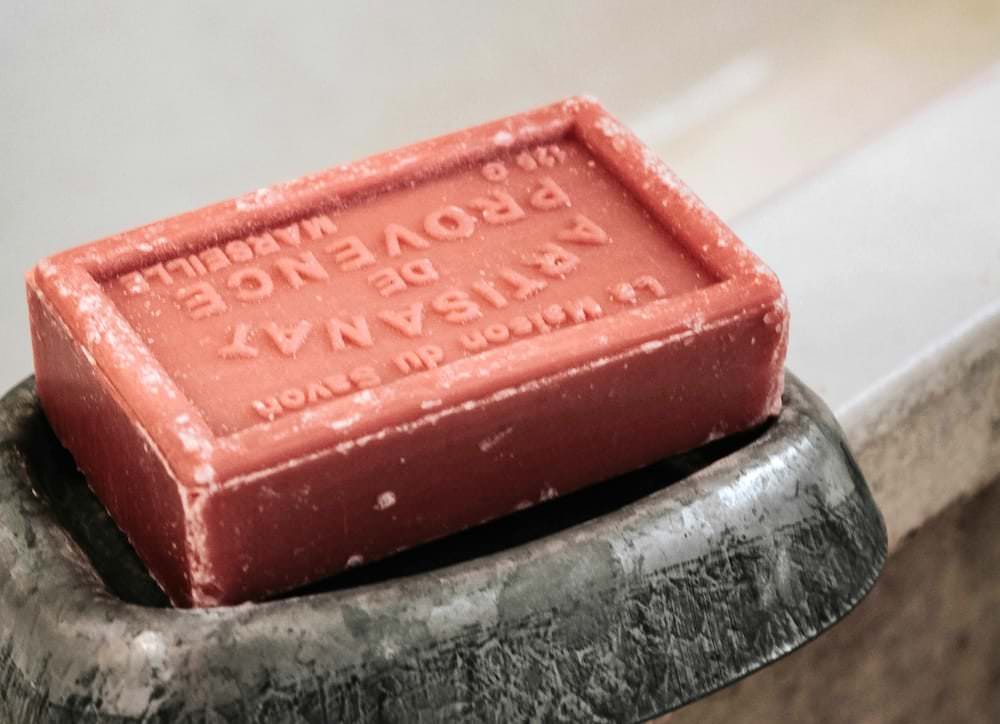non plus
The French phrase “non plus” serves as a negative equivalent to “aussi” (also/too), functioning similarly to the English “neither” or “not… either”. It is exclusively used in negative constructions to indicate that a statement applies equally to someone else.
Basic structure
“Non plus” typically appears at the end of a negative sentence, following this pattern:
Subject + ne + verb + pas/plus/rien/etc. + [additional information] + non plus
Usage examples
1. Simple statements
- “Je n’aime pas les épinards.” “Moi non plus.”
(“I don’t like spinach.” “Me neither.”) - “Il ne vient pas ce soir, et elle non plus.”
(“He’s not coming tonight, and neither is she.”) - “Nous n’avons pas reçu l’invitation, et eux non plus.”
(“We didn’t receive the invitation, and neither did they.”)
2. With different verbs
- “Je ne parle pas italien, et mon frère non plus.”
(“I don’t speak Italian, and neither does my brother.”) - “Elle ne travaille plus ici, et son assistante non plus.”
(“She doesn’t work here anymore, and neither does her assistant.”) - “Vous n’avez pas compris la question ? Nous non plus.”
(“You didn’t understand the question? Neither did we.”)
3. In formal contexts
- “Cette méthode ne fonctionne pas, et l’alternative non plus.”
(“This method doesn’t work, and neither does the alternative.”) - “Le président n’était pas présent, et le vice-président non plus.”
(“The president wasn’t present, and neither was the vice-president.”)
4. Everyday conversation
- “Tu ne vas pas au cinéma ? Moi non plus.”
(“You’re not going to the movies? Me neither.”) - “Il ne fait pas beau aujourd’hui. Hier non plus.”
(“The weather isn’t nice today. It wasn’t yesterday either.”)
Important notes
- “Non plus” is only used in negative sentences.
- It cannot replace “aussi” (which is used in affirmative sentences).
- Unlike English “neither”, “non plus” doesn’t require subject-verb inversion.
Common errors
- Incorrect: “Je ne veux pas aller aussi.”
- Correct: “Je ne veux pas aller non plus.” (“I don’t want to go either.”)






